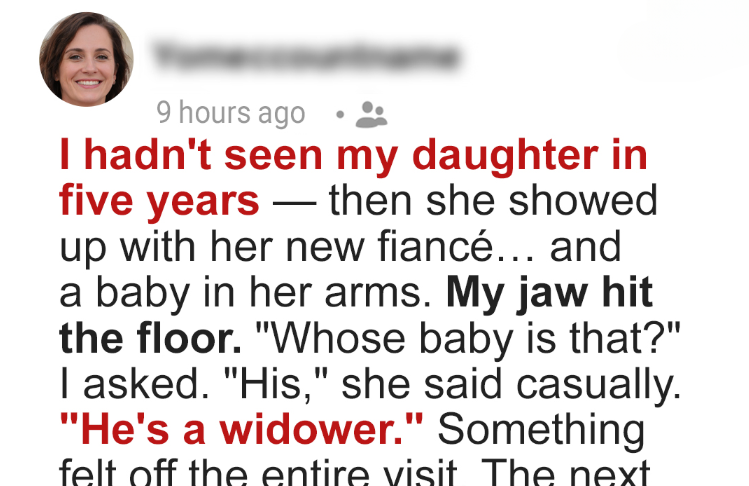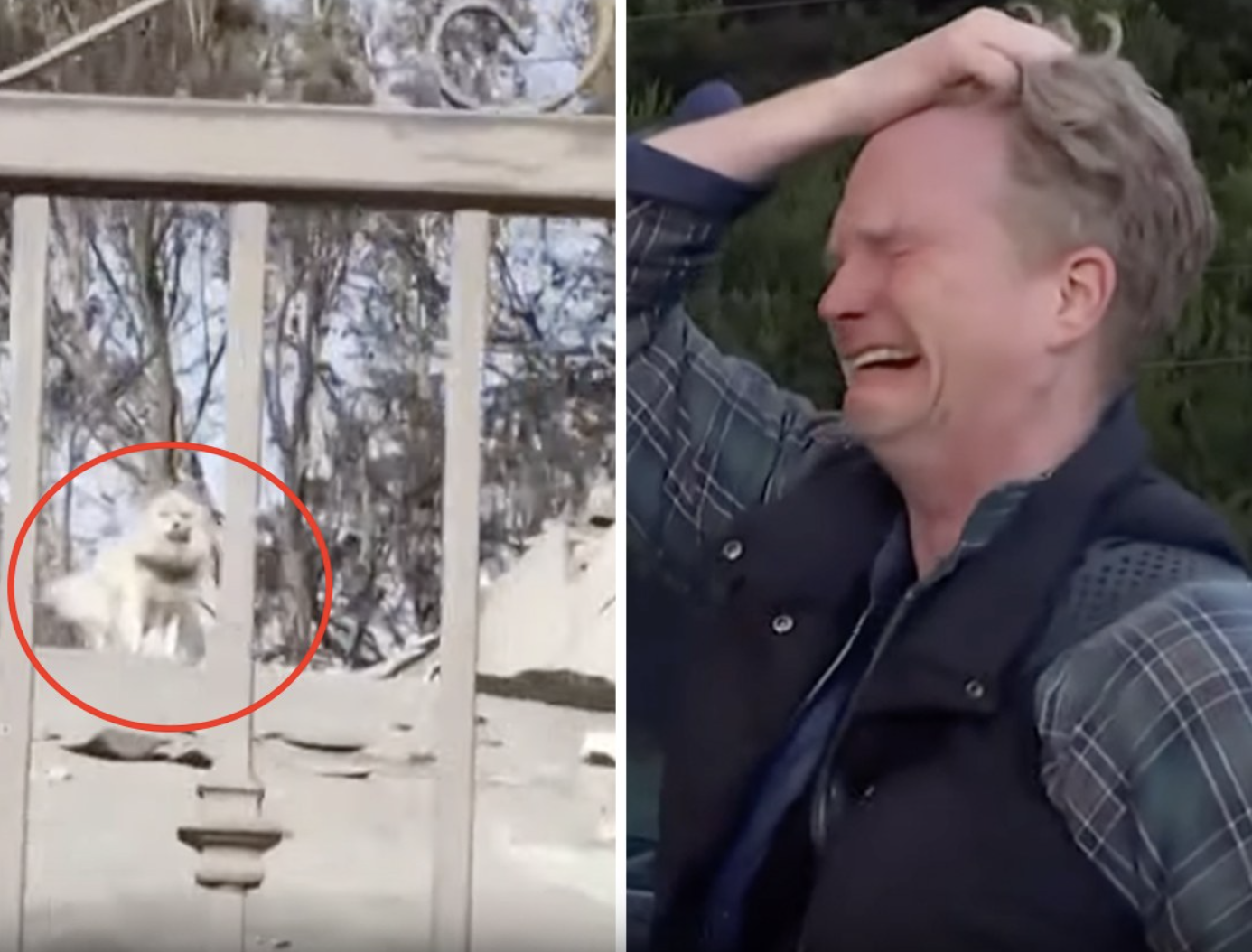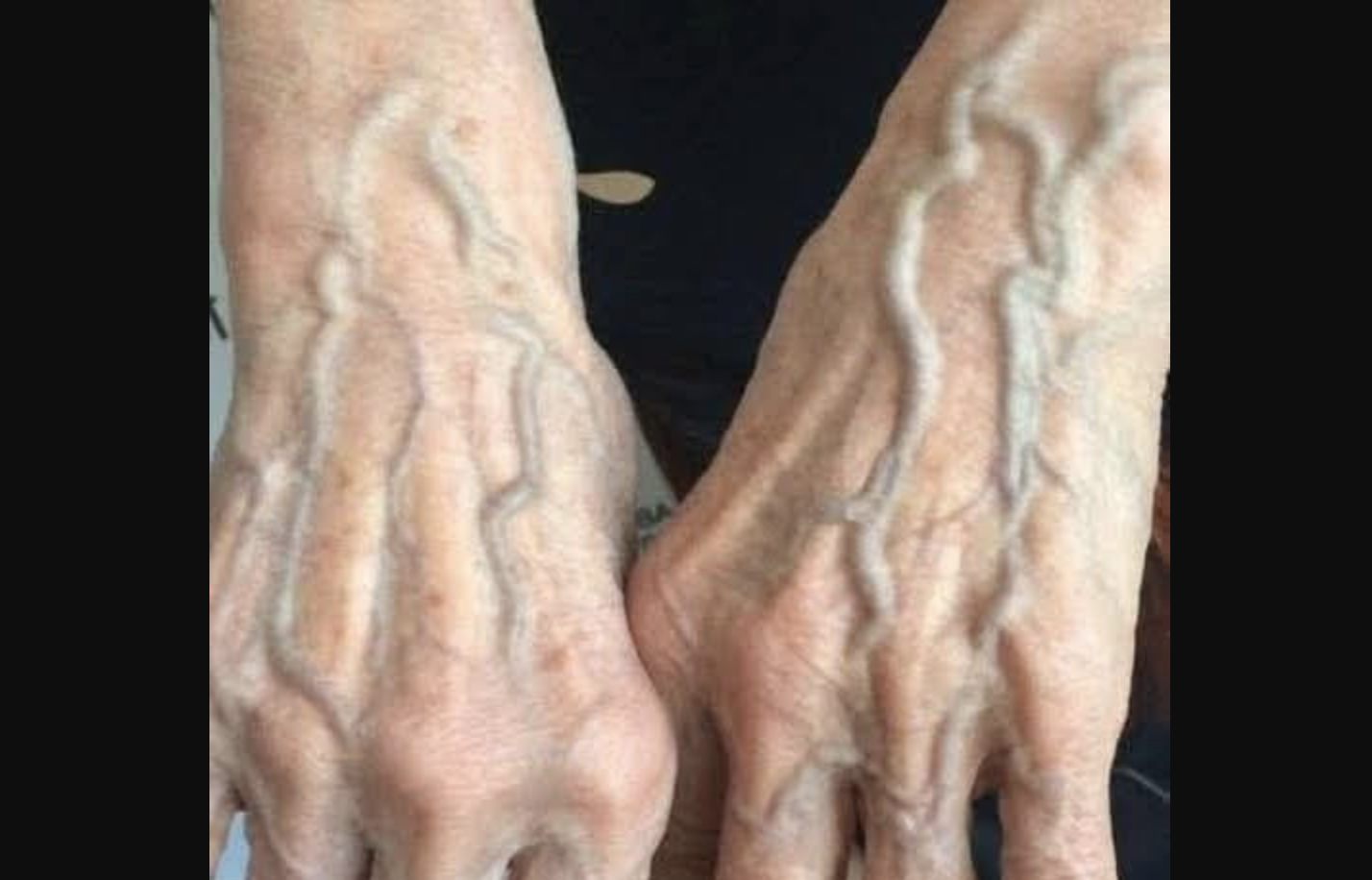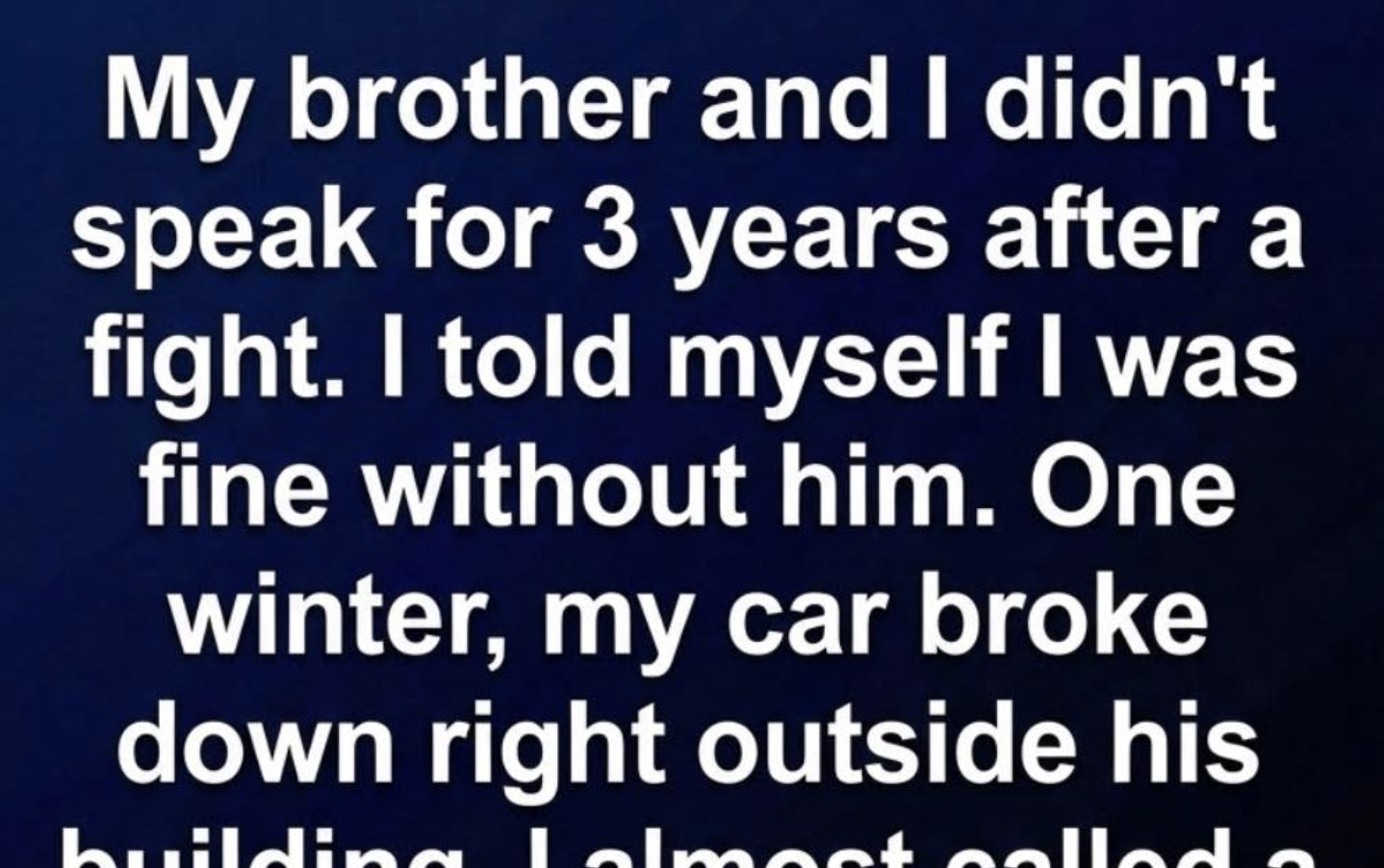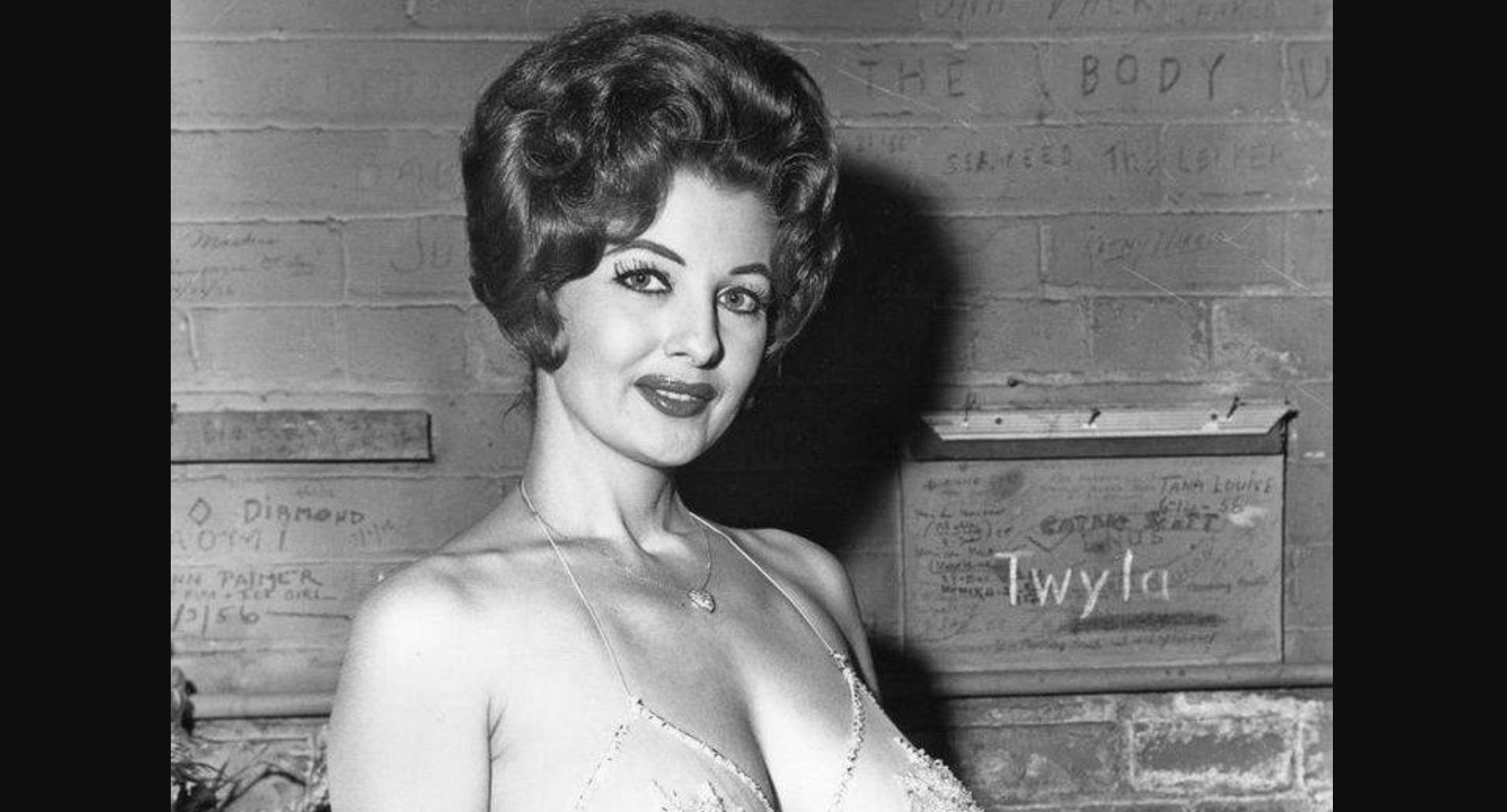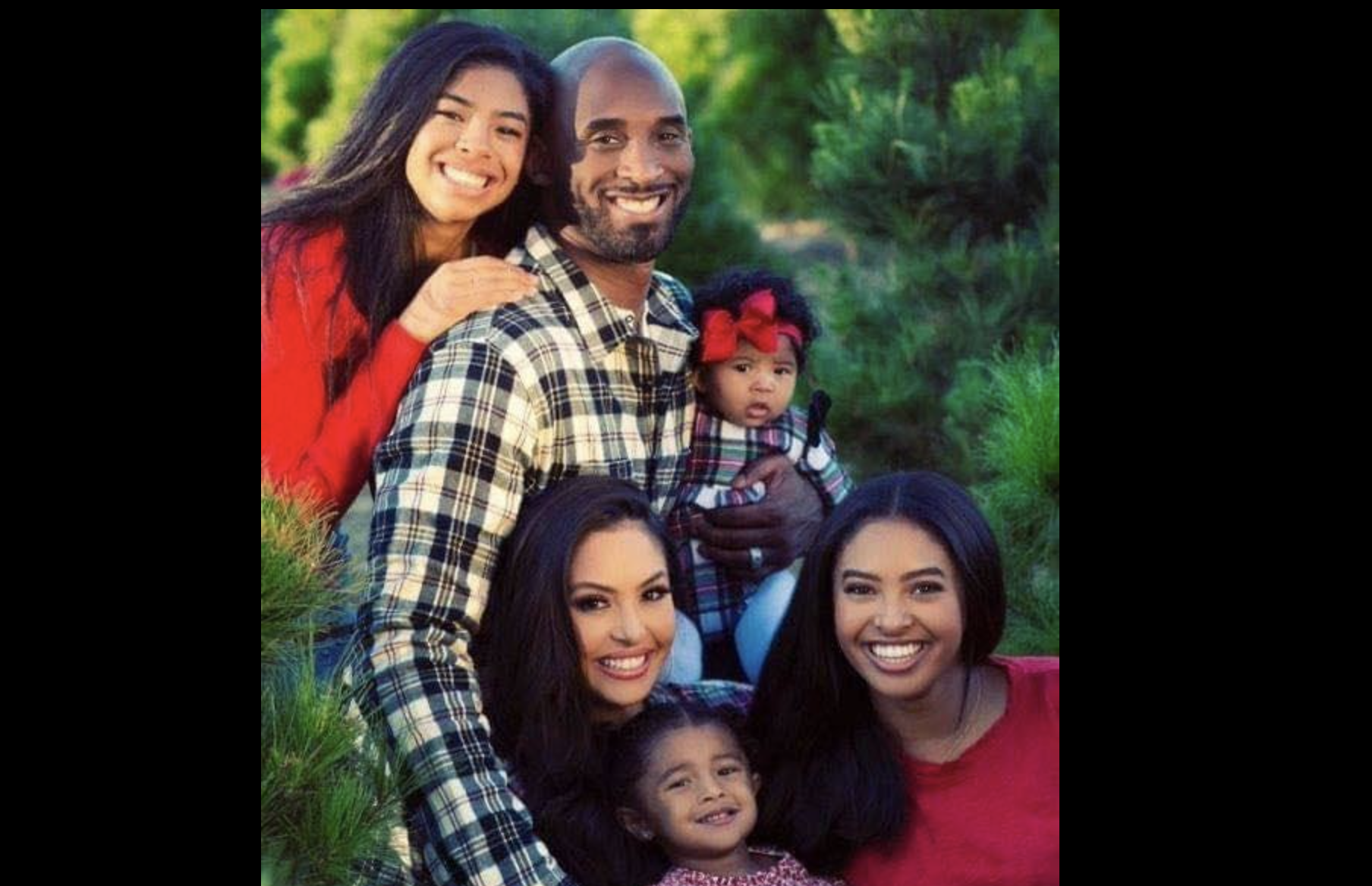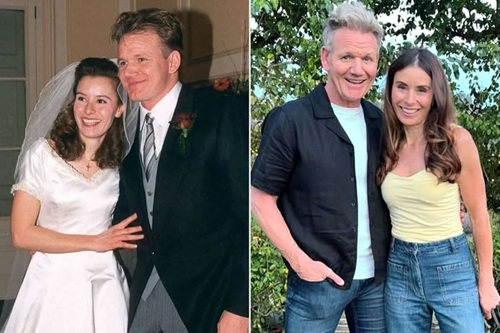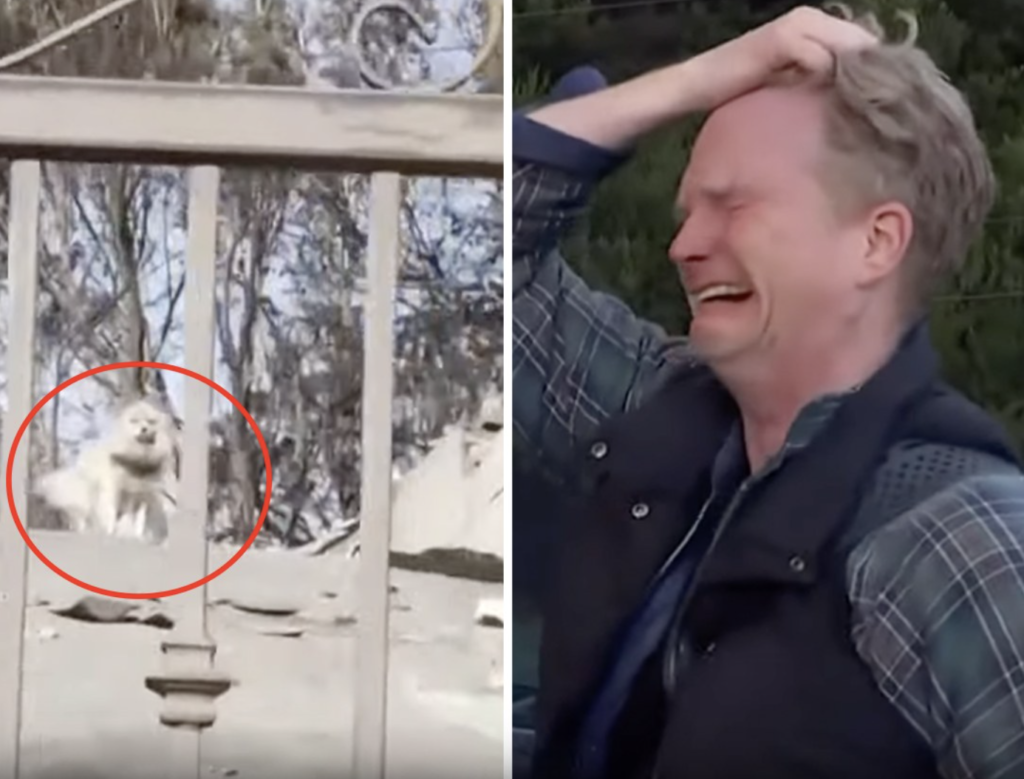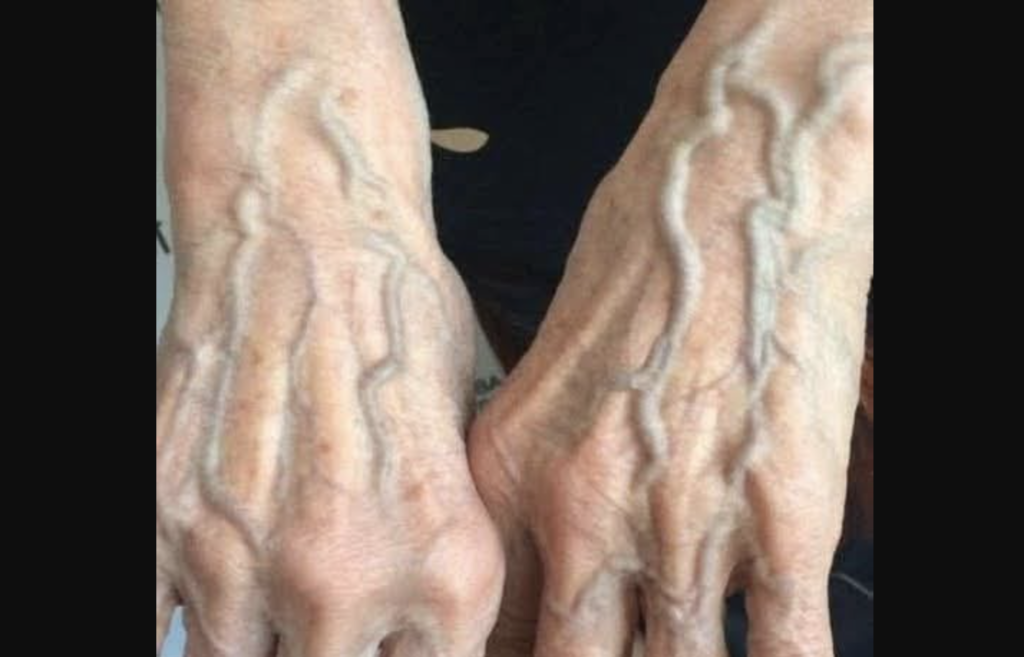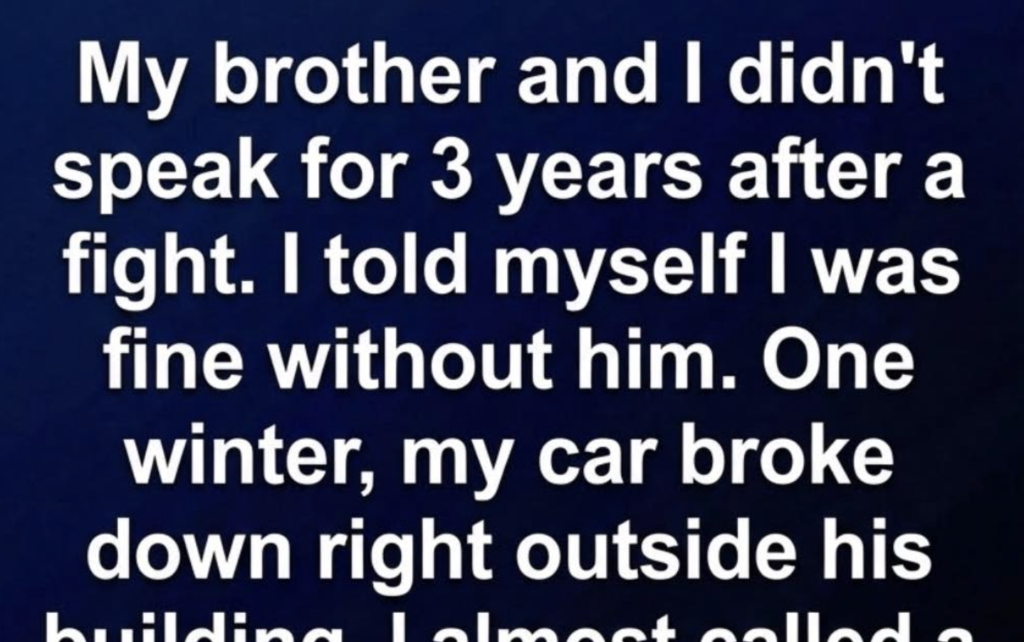When my daughter Elena reappeared after five years of silence, she arrived with her fiancé Darren and his six-month-old daughter, Chloe. The sight of them left me speechless. We had scarcely begun to reconnect when I awoke the next morning to find them gone. In their place, they left Chloe, a diaper bag, and a brief note that read: “Sorry.”
I raised Elena on my own, and we shared a deep bond until college transformed her. When she called to announce her visit, I felt a spark of hope for reconciliation. Instead, the visit turned into a bewildering ordeal. Elena never disclosed that Darren was a widower or a father. That evening, she bathed Chloe with care and declared her love for both. I voiced my concerns, but she dismissed them sharply. Then, the next morning, they were gone. I tended to Chloe, called Elena’s phone repeatedly, and eventually reached out to social services.
A social worker arranged emergency care for Chloe. Days later, a startling revelation came through a phone call: Chloe’s mother, Jenna, was alive, confined to a psychiatric hospital, struggling with postpartum depression and the loss of her parents. Darren had deceived everyone. I visited Jenna, who wept upon learning Darren had abandoned Chloe. She had been unaware. I offered to care for Chloe until Jenna could heal.
The court awarded me temporary custody. Over the next year, Jenna and I forged a connection built on shared grief and unwavering devotion to Chloe. When Jenna recovered enough to reclaim her daughter, I released Chloe to her with both pride and sorrow. Now, Jenna and Chloe visit every Sunday, and Chloe calls me “Nana.” Elena has not returned.
I remain uncertain whether Elena was manipulated or complicit in the events. Yet, through the pain of losing my daughter, I discovered a daughter in Jenna and a granddaughter in Chloe. In the wake of loss, I found an unexpected family.
